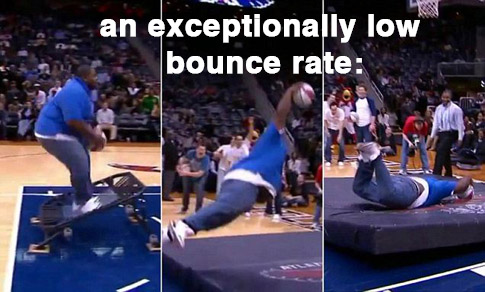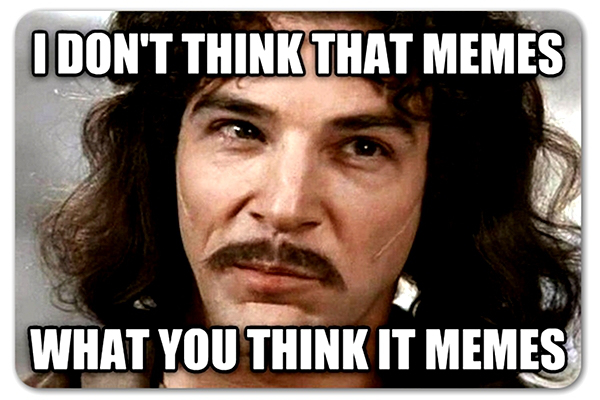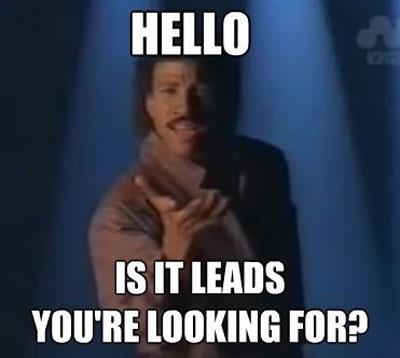Click-Through-Rates & User Experience: Indirect SEO

Have you ever had a conversation with an SEO that went something like this?
You: “Such and such SEO told me that this is an important element of SEO. I want you to address it.”
SEO: “I don’t know why they told you that, it’s not important. Examples X, Y & Z are all we need to worry about. That doesn’t really have a direct effect on rankings”
To answer the questions this probably had you asking yourself, you were likely both right, as was the previous SEO you’d spoken to prior to that conversation.
Engagement with your website can in fact affect your SEO, most noticeably via click-through-rate, however this is not a direct effect.
Let’s take your meta description for example:
Depending on who you speak to, you might be told that meta descriptions don’t affect your rankings and so they’re unimportant. This is only half right. While meta descriptions don’t directly affect your SEO, your click-through-rate does.
There is plenty of material to support this proposition online, such as you’ll find here and here and both of which are actually backed up by experimentation data.
For this reason, having an attractive meta description to encourage click-through from the search results is definitely important. By proxy, this also makes your Title Tags important for indirect reasons as well as the direct effect they’re known to have on SEO. A great catchy title with an attractive meta description (containing keywords to draw the eye when they’re bolded in those results) will positively impact your chances at getting a click.
Which speaks to the larger point here: Google cares about user experience. Always have, always will. Good results to search queries are what keeps them in business. You need to keep the user in mind every single time you touch your website because it doesn’t end there. The user experience from beginning to end is very likely to impact your SEO at least indirectly in some form or another.
Internal contextual link placement is important for this exact reason.
Let’s say you have a piece of content onsite with links to other relevant pages on your site, this is known to spread authority across the site. Why would the algorithm very deliberately do such a thing? Because this shows that you are being helpful to the end user and deserve to be rewarded as such.
If you’re having trouble thinking of further examples of what Google might care about which could indirectly affect your SEO, ponder the following for a bit:
Bounce Rate

Abandonment Rate

Interaction Via Social Media

I could explain further, but I think it’s important that you have a think about this in the context of your own website and in the context of everything to do with user experience. Go on. Get to it! Just be sure to confirm your thoughts before acting on any rash decisions.
Happy lead hunting!

Are you ready to grow your business?
We write about a variety of topics in the digital industry.



